Enhance Your Skills and get a Cloud Computing Certificate Entirely Online!
Cañada College is the best choice for preparing yourself for a new career in Cloud Computing (also known as Amazon Web Services). We offer an Online 2-3 semester Certificate of Achievement in Cloud Computing that is flexible and convenient. A shortage of Cloud Computing workers is forecast for the Bay Area, so now is the perfect time to start your new career in cloud computing. Enroll today in our courses
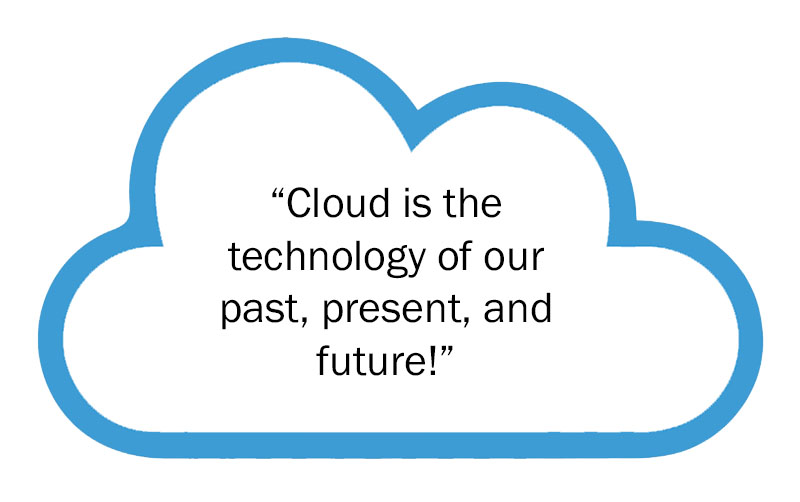
What is Cloud Computing?
Cloud computing is the on-demand, online delivery of resources over the Internet with
“pay-as-you-go pricing”. Instead of buying, or maintaining hard drives and servers,
technology services such as computing power, storage, and databases, can be accessed
on an as-needed basis from a cloud provider like Amazon Web Services (AWS) or Microsoft
Azure and more. The cloud gives businesses easy access to various technologies so
that they can innovate faster and build nearly anything imaginable, transforming the
way that businesses operate as we know.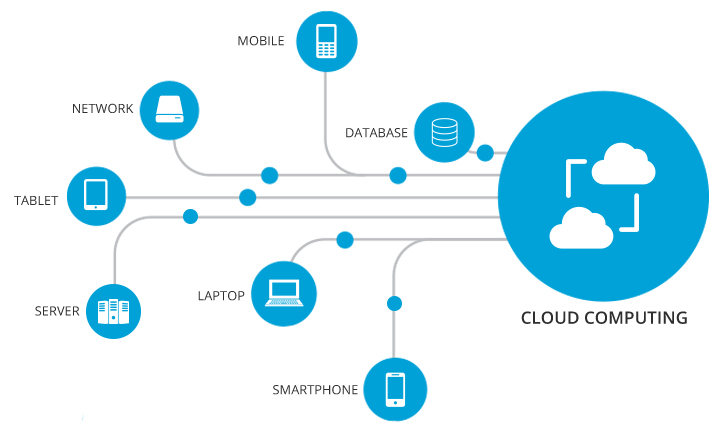
What are Examples of Cloud Computing?
Organizations of every type, size, and industry are using cloud computing for things such as data backup, disaster recovery, email, virtual desktops, software development and testing, big data analytics, and customer-facing web applications. For example, healthcare companies are using cloud computing to create personalized treatments for patients, and video game makers are using the cloud to deliver online games and downloadable updates to millions of players around the world.
Why Should I enroll in this Program?
According to Wikibon, the Amazon Web Services (AWS) revenue will climb to $43 billion by 2022 with Microsoft Azure and Google Cloud close behind. As cloud computing becomes a crucial part of IT and business in general, the demand for cloud skills will increase. Aspiring cloud professionals must prove that they have the skills and knowledge to be able to compete favorably in the market, and a cloud certification at Canada College is a great way to do that. Additionally, this certificate will prepare you for your Amazon Web Services (AWS) certification as well.
Possible Jobs after Certificate Completion
Students who complete a cloud computing certification can be prepared to do the following
Junior Systems Administrator
- Oversee the efficient operation of network and computer systems
- Design, set-up, maintenance and repair of systems.
- Summon their computer and problem-solving talents to stave off or remove glitches, attacks from hackers and disconnections that infect network and computer systems.
Data Science Consultant
- Work closely with the clients to understand their business needs, frame them as statistical problems, and solve them with cutting edge techniques.
- Collaborate with your team, including machine learning engineers, data engineers, analysts, and TPMs to define tasks, provide estimates, and work together to deliver a world class solution.
- Have the balance of technical skills and business acumen to help the client better understand their core needs while understanding technical limitations.
Junior Computer Vision Engineer
- Design, develop and deploy computer vision models and work with the engineering team to collect accurate and useful computer vision data.
- Responsible for computer vision and machine learning practices
- Must possess knowledge of TensorFlow framework, and experience with Google Cloud or AWS
Cloud Computing Courses
Explore the courses that will get you ahead in the cloud
In Spring 2020 we will be offering the introductory course in Cloud Computing, Introduction to Cloud Computing. The course will be offered in a hybrid format on Monday evenings. More information can be found here.
Course Description
Introduction to programming and software engineering for computer science majors and computer professionals. A systematic approach to the design, implementation, and management of robust Java computer programs. Course emphasizes object oriented programming design, programming documentation, testing and debugging techniques. This course conforms to the ACM CS1 standards.
Student Learning Outcomes
- Use classes from the standard Java libraries to solve a problem.
- Use exceptions to handle errors in a program.
- Use graphical user interface (GUI) components to create a program.
- Use inheritance relations to solve a problem.
- Implement an abstract data type (ADT) as a Java class and create a driver program to test the class.
Course Description
An introduction to cloud computing, which shifts information systems from on-premises computing infrastructure to highly scalable internet architectures. Provides a solid foundation of cloud computing technologies, and the understanding required to effectively evaluate and assess the business and technical benefits of cloud computing and cloud applications. Includes an analysis of a variety of cloud services (storage, servers and software applications) and cloud providers. Examines various industry cloud practices and applications. Also surveys cloud careers and discusses industry demand for cloud skills.
Student Learning Outcomes
- Describe cloud services offered by cloud providers.
- Plan for cloud service implementations by analyzing requirements and identifying key decisions.
- Build cloud solutions with services offered by cloud providers.
Course Description
Cloud database management, which supports a number of different approaches for storing data. Definitions, operations and scaling of both SQL (Structured Query Language) and noSQL data storage solutions. Considers factors that should be balanced during the design of a data storage solution. Principles are applied by performing exercises using both relational and non-relational database approaches
Student Learning Outcomes
- Define the different cloud database solutions and their underlying design principles.
- Describe and utilize relational and non-relational database management systems.
- Explain how to define data tables, populate them with data, retrieve and manipulate that data over the web and with other kinds of programs.
Course Description
Explore how cloud computing systems are built using a common set of core technologies, algorithms, and design principles centered around distributed systems. Students will use various cloud platforms to provision, load-balance and scale their applications. The course discusses, from a developer perspective, the most important reasons for using cloud computing and examines the underlying design principles of scalable cloud applications.
Student Learning Outcomes
- Describe the cloud computing architecture.
- Define and analyze a standard way to package application code, configurations, and dependencies into a single object.
- Explain important design consideration for scalable cloud applications.
Course Description
Protection of the confidentiality, integrity and availability of computing systems and data. Uses of redundant and layered controls, continuous validation and testing, and automation to ensure that the cloud infrastructure is continuously monitored and protected. Examination of shared responsibility models.
Student Learning Outcomes
- Describe the shared responsibility models.
- Describe security best practices employed with cloud applications.
- Manage security groups, access control lists, users, roles and permissions.
Our Partners
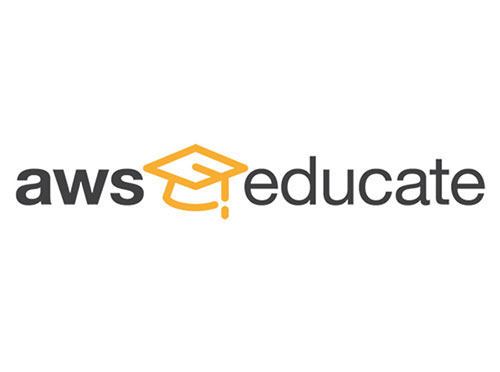
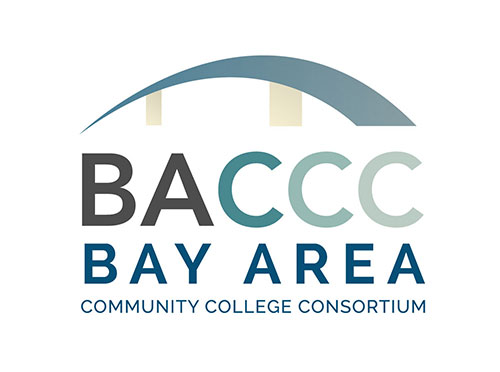
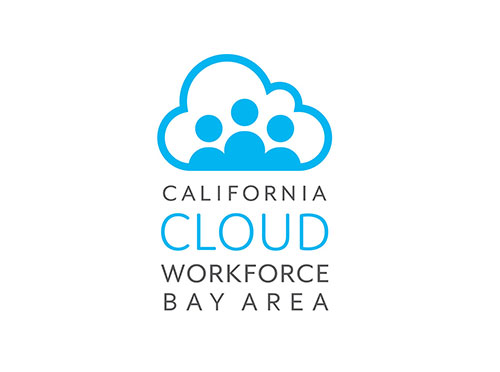
Course Taught by
Kirk Tramble (Adjunct Faculty)
Science and Technology - Computer ScienceSign up today on WebSmart!

